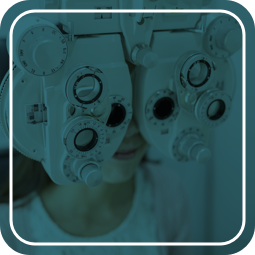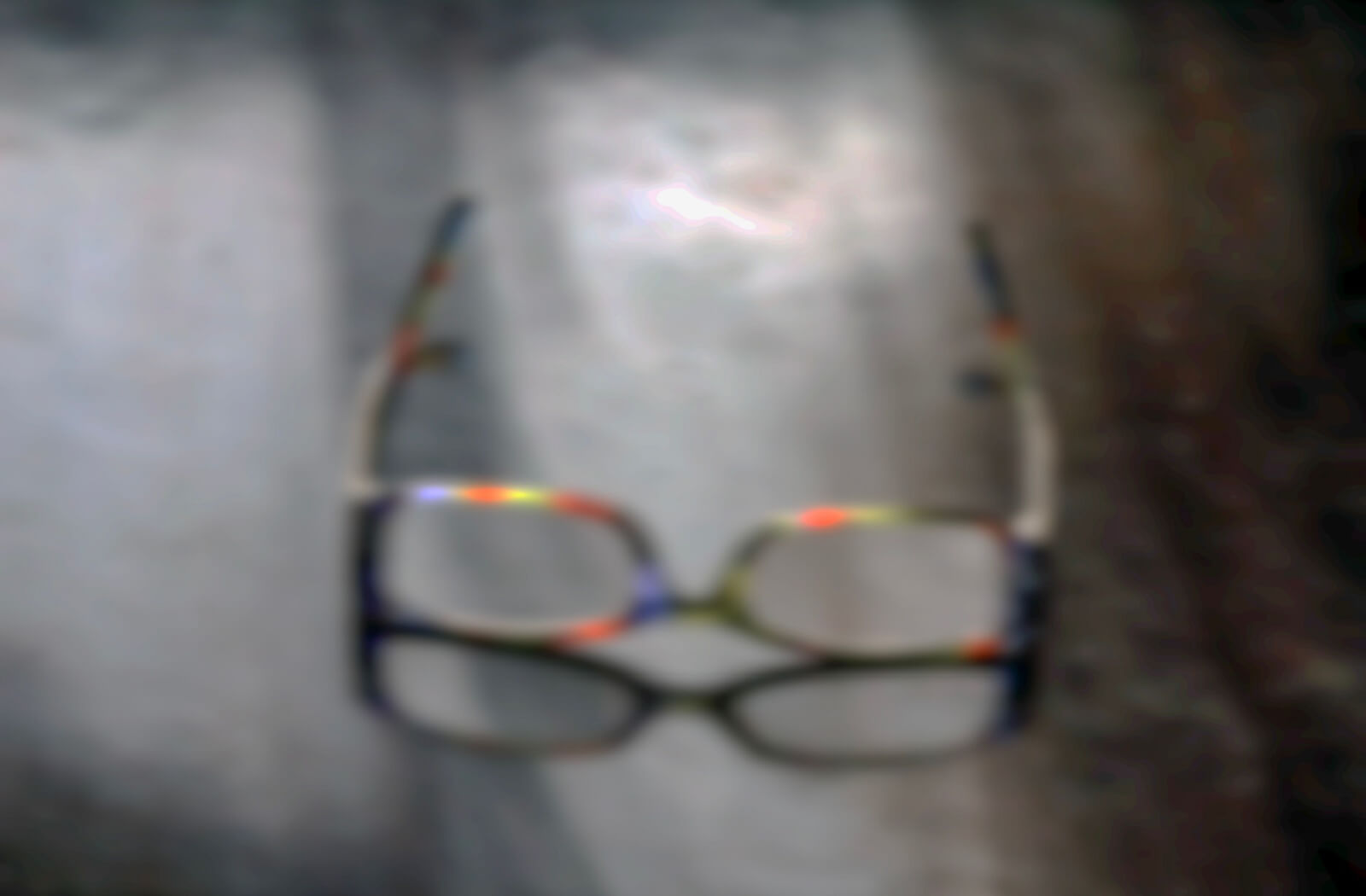Keratoconus is a progressive eye condition that significantly impacts the clarity of your vision by altering the natural shape of your cornea, the clear, dome-shaped surface that covers the front of the eye.
This alteration can lead to blurred vision and sensitivity to light, making daily tasks challenging. If you’ve been recently diagnosed with keratoconus, it’s natural to wonder about the potential for a cure and feel concerned about the future of your eye health.
Currently, there isn’t a definitive cure for keratoconus that can completely restore the cornea to its original shape. However, there are several advanced and effective treatments available that can manage the condition and significantly enhance the quality of your vision.
By consulting with an eye care professional who specializes in corneal diseases, you can develop a personalized treatment plan that addresses your specific needs and the severity of the condition.
This proactive approach can help you maintain an active and full life, ensuring that keratoconus has minimal impact on your vision and day-to-day activities.
What is Keratoconus?
Keratoconus is a progressive eye disease where the cornea thins and begins to bulge into a cone-like shape.
This change distorts light entering the eye, leading to blurred or distorted vision. It’s a condition that often appears during the teenage years and can continue to progress into one’s mid-30s.
Symptoms & Diagnosis of Keratoconus
The symptoms of keratoconus can vary widely, but common signs include:
- Blurred or distorted vision
- Increased sensitivity to light
- Frequent changes in prescription glasses or contact lenses
- Difficulty seeing at night
Diagnosing keratoconus typically involves a comprehensive eye exam. An ophthalmologist will conduct corneal mapping and measure the curvature of the cornea to identify any irregularities.
Causes & Risk Factors

While the exact cause of keratoconus remains unknown, several risk factors have been identified. These include:
- Genetics – A family history of keratoconus increases the likelihood of developing the condition.
- Eye Rubbing – Chronic eye rubbing has been linked to the progression of keratoconus.
- Environmental Factors – Exposure to UV rays and allergens may contribute to the condition.
Can Keratoconus Be Cured?
The short answer is no, keratoconus can’t be cured. However, there are numerous treatments available that can manage and significantly improve the symptoms.
Early detection and intervention are crucial for slowing down the progression of the disease and maintaining good vision.
Treatment Options for Keratoconus
There are various treatment options for managing keratoconus, ranging from non-invasive to surgical procedures. The choice of treatment depends on the severity of the condition and the specific needs of the patient.
Corneal Cross-Linking
Corneal cross-linking is a minimally invasive yet effective procedure designed to strengthen the cornea, the eye’s clear, protective outer layer.
The procedure kicks off with the application of riboflavin (vitamin B2) drops directly onto the cornea. Riboflavin is a crucial component as it serves as a photosensitizer.
Following the application of these drops, the treated eye is then exposed to controlled ultraviolet (UV) light. This exposure initiates a photochemical reaction that significantly enhances the collagen fibers’ bonds within the cornea, making it stiffer and more stable.
By reinforcing the cornea’s structure, corneal cross-linking slows, and in some cases, halts the progression of keratoconus.
This not only preserves the patient’s current level of vision but also potentially eliminates the need for more invasive procedures in the future.
Other Surgical Options
For advanced cases of keratoconus, other surgical options may be necessary. These include:
- Intacs – Small, crescent-shaped implants inserted into the cornea to reduce the cone shape and improve vision.
- Corneal Transplant – In severe cases, a corneal transplant may be required to replace the damaged cornea with a healthy donor cornea.
While these surgical options can be highly effective, they are generally considered when other treatments have not provided sufficient results.
Non-Surgical Management Techniques
For those with mild to moderate keratoconus, non-surgical management techniques can be effective. These include:
- Specialized Contact Lenses – Rigid gas-permeable or scleral lenses can help reshape the cornea and improve vision.
- Glasses – In the early stages, prescription glasses can correct vision problems caused by keratoconus.
- Regular Monitoring – Regular eye exams and monitoring this condition can help in making timely adjustments to the treatment plan.
Living with Keratoconus
Living with keratoconus can be challenging, but there are some ways to manage the condition effectively. Here are some tips:
- Regular Eye Exams – Consistent monitoring helps keep track of keratoconus’ progression and adjusting treatments as needed.
- Avoid Eye Rubbing – Reducing eye rubbing can prevent further damage to the cornea.
- Protect Your Eyes – Wearing sunglasses to shield your eyes from UV rays and avoiding allergens can help in managing symptoms.
Ready to Treat Keratoconus?
Keratoconus is a manageable but incurable condition that requires ongoing care and attention. Early detection and a tailored treatment plan can significantly improve your quality of life.If you’re looking for more personalized advice or need help managing your condition, book an appointment with Downtown Eye Care & The Contact Lens Department. Remember, while there’s no cure for keratoconus, there are many effective ways to manage it and maintain good vision.















